
How fear is consuming a once confident and creative ideology.
For a quarter of a millennium, liberalism as a theory and as a political movement has been dedicated to the cause of social and political freedom and the pursuit of happiness as a material end. Liberalism continues to pursue those ends, but differently understood and by different means. The result is diminished freedom and happiness in all Western liberal societies. The world that classical liberalism made, neoliberalism, and now progressive liberalism are presently unmaking in the name of liberalism.
None of the countries that comprise the Anglosphere—including Great Britain, the United States and Canada, Australia, and others—is as happy a place as it was before liberalism in its updated form went to work on it. But the U.S. is, by almost every standard, the least happy and the most neurotic of them all.
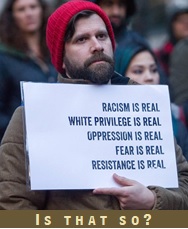 The fact is confirmed by the angry and frequently crazed political polarization here; the racial tensions and the riots; the looting and destruction that American liberals are willing to tolerate and even to excuse; the intellectual chaos and mental and moral confusion produced by “woke” colleges, universities, and the public schools, then promoted in the media; the new liberal biology (comparable to the old Soviet biology) according to which a man can become a woman and give birth to a child and which purposefully complicates the formation of sexual identity among the young.
The fact is confirmed by the angry and frequently crazed political polarization here; the racial tensions and the riots; the looting and destruction that American liberals are willing to tolerate and even to excuse; the intellectual chaos and mental and moral confusion produced by “woke” colleges, universities, and the public schools, then promoted in the media; the new liberal biology (comparable to the old Soviet biology) according to which a man can become a woman and give birth to a child and which purposefully complicates the formation of sexual identity among the young.
It is confirmed by the growing restlessness and rebelliousness of middle and lower-middle class Americans angered by the readiness of government at every level to resort to blatantly unconstitutional means to control and, when necessary, to punish the general population; the industrial and commercial regulations imposed on businesses and communities aimed at reversing warming temperatures around the world; federal policies that promote huge economic disparities by subsidizing the enterprises of the wealthy classes while expanding welfare payments to the poor ones (what the late political analyst Samuel T. Francis called “anarcho-tyranny”); recklessly irresponsible immigration policies that have let poor aliens take jobs from native-born citizens while further promoting a polyglot society in which there will soon be no ethnic and cultural majority and therefore no national identity, all to the further cultural confusion, instability, and anxiety of every group; liberal social policies that for the past six decades have been weakening the institution of marriage, discouraging the formation of legitimate families, and promoting the dissolution of existing marriages…
- Hits: 363
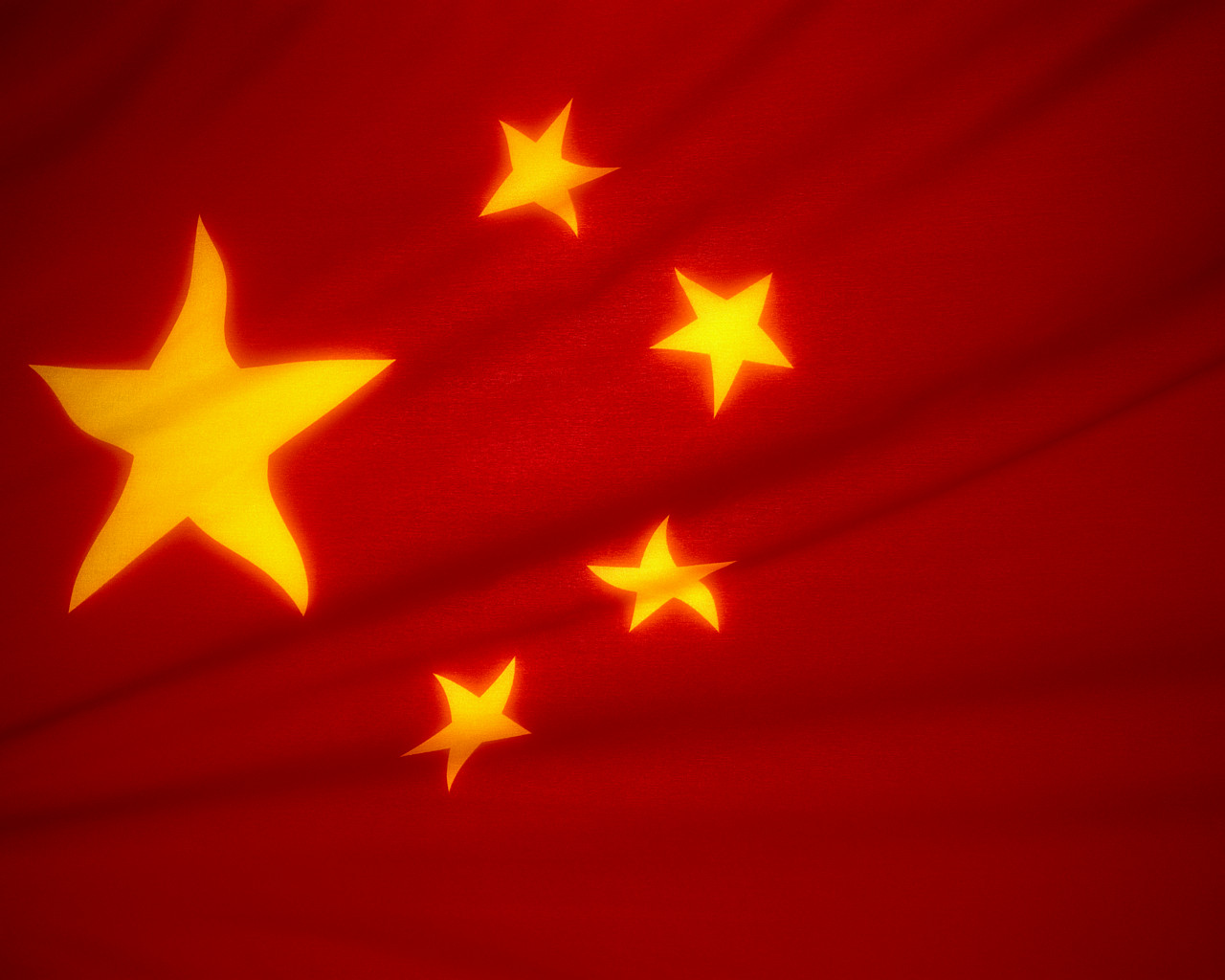
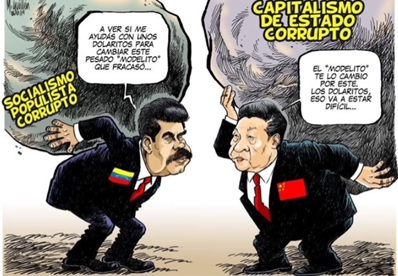 Naturalmente, la corrupción en China no es muy diferente a la de otros países. El peligro radica en su creciente interés en tierras y recursos naturales de países menos desarrollados y su activa inversión en tierras de continentes como Latinoamérica y África donde prácticas igualmente corruptas son una oportunidad predadora para el PCC chino en su apetito por el poder totalitario.
Naturalmente, la corrupción en China no es muy diferente a la de otros países. El peligro radica en su creciente interés en tierras y recursos naturales de países menos desarrollados y su activa inversión en tierras de continentes como Latinoamérica y África donde prácticas igualmente corruptas son una oportunidad predadora para el PCC chino en su apetito por el poder totalitario.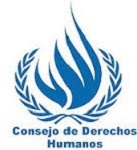
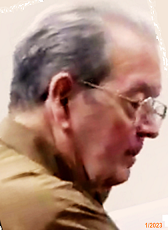 Una política exterior orientada a reafirmar los intereses globales de los Estados Unidos es encomiable, pero se cometen errores que exigen una firme crítica. Aunque ha sido comprobado el hecho de que muchos funcionarios y miembros del personal de la UNRWA respaldaban y subsidiaban abiertamente a los terroristas de HAMAS, este hecho no tiene relación con la labor del Consejo de Derechos Humanos, aparte de que en el seno de este importantísimo organismo se hayan condenado los excesos cometidos por Israel en Gaza. Sencillamente porque esa es su función y los bombardeos indiscriminados que han causado la muerte de miles de civiles no son justificables para cualquier institución que defienda los derechos y la seguridad de las personas.
Una política exterior orientada a reafirmar los intereses globales de los Estados Unidos es encomiable, pero se cometen errores que exigen una firme crítica. Aunque ha sido comprobado el hecho de que muchos funcionarios y miembros del personal de la UNRWA respaldaban y subsidiaban abiertamente a los terroristas de HAMAS, este hecho no tiene relación con la labor del Consejo de Derechos Humanos, aparte de que en el seno de este importantísimo organismo se hayan condenado los excesos cometidos por Israel en Gaza. Sencillamente porque esa es su función y los bombardeos indiscriminados que han causado la muerte de miles de civiles no son justificables para cualquier institución que defienda los derechos y la seguridad de las personas.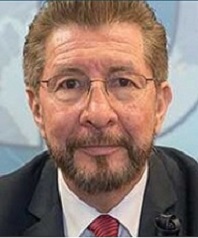 While democratic societies, along with their economic and political systems, have freedom, welfare, and prosperity of their people as objectives, dictatorial regimes and any other type of authoritarianism use poverty as a mechanism to increase the citizenry’s dependence and control. Poverty, as shown by Cuba and Venezuela’s situation and the path Bolivia and Nicaragua have chosen to follow, is the tool of 21st Century Socialism, or Castrochavism, to oppress the peoples.
While democratic societies, along with their economic and political systems, have freedom, welfare, and prosperity of their people as objectives, dictatorial regimes and any other type of authoritarianism use poverty as a mechanism to increase the citizenry’s dependence and control. Poverty, as shown by Cuba and Venezuela’s situation and the path Bolivia and Nicaragua have chosen to follow, is the tool of 21st Century Socialism, or Castrochavism, to oppress the peoples.
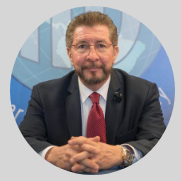 La organización que proclama en su Carta Democrática, que “los pueblos de América tienen derecho a la democracia y sus gobiernos la obligación de promoverla y defenderla”, no cumple.
La organización que proclama en su Carta Democrática, que “los pueblos de América tienen derecho a la democracia y sus gobiernos la obligación de promoverla y defenderla”, no cumple.